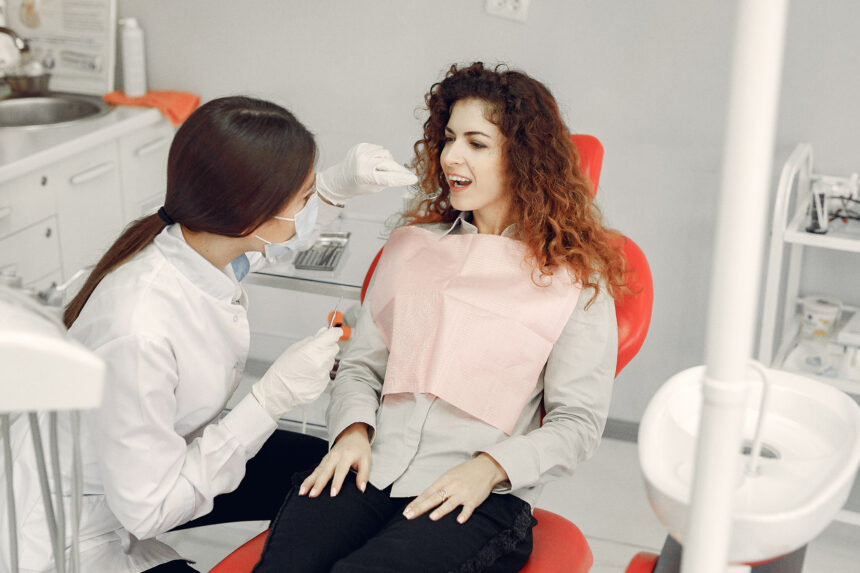Title: Managing Pregnancy-Related Dental Issues and Oral Care
Introduction: Pregnancy is an exciting and transformative time, but it also brings about changes in the body, including dental and oral health. Hormonal fluctuations and other physiological changes during pregnancy can contribute to various dental issues. It is essential for expectant mothers to prioritize oral care to maintain their overall health and ensure a healthy pregnancy. In this article, we will discuss common pregnancy-related dental issues and provide practical tips for managing them through proper oral care.
Common Pregnancy-Related Dental Issues:
- Pregnancy Gingivitis: Hormonal changes during pregnancy can make the gums more sensitive to plaque, leading to gum inflammation and tenderness. This condition, known as pregnancy gingivitis, can cause redness, swelling, and bleeding of the gums.
- Increased Risk of Tooth Decay: Changes in eating habits and potential neglect of oral hygiene during pregnancy can increase the risk of tooth decay and cavities.
- Pregnancy Tumors: Some pregnant women may develop pregnancy tumors or pyogenic granulomas, which are non-cancerous growths that appear as swollen, red, and sensitive lumps on the gums. They usually occur in the second trimester and can cause discomfort.
- Tooth Erosion: Frequent vomiting due to morning sickness or acid reflux can expose teeth to stomach acid, leading to tooth enamel erosion and sensitivity.
- Dry Mouth: Some pregnant women may experience a decrease in saliva production, resulting in dry mouth. This condition increases the risk of tooth decay and gum disease.
Managing Pregnancy-Related Dental Issues:
- Maintain Good Oral Hygiene: Brush your teeth at least twice a day using a soft-bristled toothbrush and fluoride toothpaste. Floss daily to remove plaque and debris from between the teeth and along the gumline.
- Visit Your Dentist: Regular dental check-ups are crucial during pregnancy. Inform your dentist about your pregnancy and any changes you’ve noticed in your oral health. Routine dental cleanings and examinations can help prevent or address dental issues early on.
- Control Morning Sickness: Rinse your mouth with water or a mouth rinse with fluoride after vomiting to neutralize stomach acid and protect tooth enamel. Avoid brushing immediately after vomiting, as it can further erode the enamel. Consider using a toothpaste designed for sensitive teeth.
- Eat a Healthy Diet: Consume a balanced diet rich in essential nutrients, such as calcium and vitamins C and D, to support your dental and overall health. Limit sugary snacks and drinks, as they can contribute to tooth decay.
- Stay Hydrated: Drink plenty of water to combat dry mouth and promote saliva production, which helps protect teeth against decay.
- Use Mouthwash or Rinse: If recommended by your dentist, use an alcohol-free mouthwash or rinse to help reduce plaque and gingivitis. Look for products specifically formulated for pregnant women.
- Practice Stress Management: Stress can worsen oral health issues. Incorporate stress management techniques into your daily routine, such as deep breathing exercises, meditation, or prenatal yoga.
- Communicate with Your Healthcare Providers: Inform your dentist and obstetrician about any medications you are taking or any changes in your health. Some dental treatments may be postponed until after pregnancy, while others can be safely performed during pregnancy.
Conclusion: Maintaining good oral health during pregnancy is essential for both the expectant mother and her developing baby. By practicing proper oral hygiene, visiting the dentist regularly, and addressing dental issues promptly, pregnant women can effectively manage pregnancy-related dental issues and maintain a healthy smile. Remember that open communication with healthcare providers is key to ensuring the best possible dental care while safeguarding the well-being of both mother and child.










